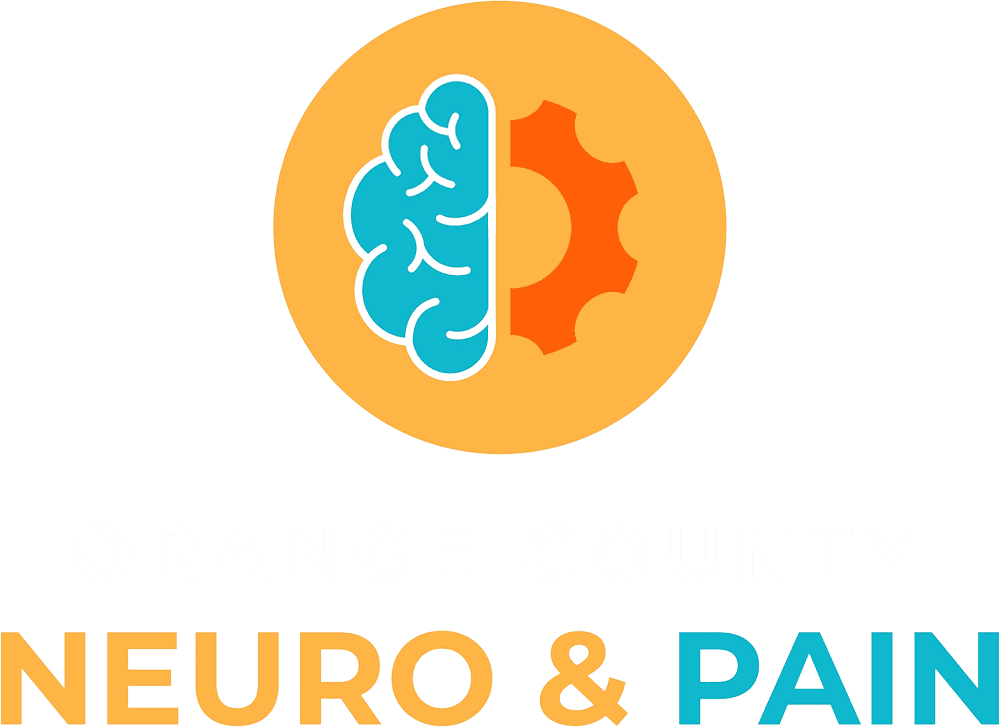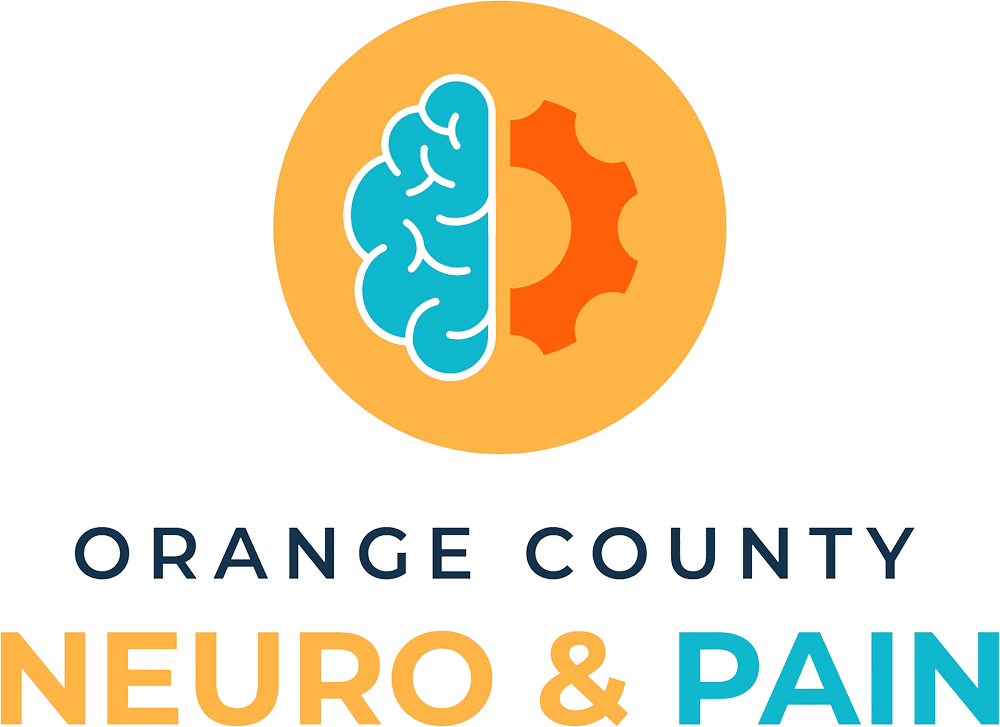

Chronic pain is a condition that affects millions of people worldwide. It’s defined as pain that lasts for more than three months and can have a significant impact on a person’s quality of life. Chronic pain can be caused by a variety of factors, including injury, illness, or nerve damage. It’s a complex condition that requires a multidisciplinary approach to diagnosis and treatment.
Chronic pain affects up to 50 million adults in the United States alone. It can be caused by a wide range of underlying conditions, such as arthritis, fibromyalgia, or nerve damage. Chronic pain can also be the result of an injury that has healed, but the pain persists.
Diagnosing Chronic Pain
One of the most challenging aspects of chronic pain is that it can be difficult to diagnose. Because there are so many underlying conditions that can cause chronic pain, doctors must take a comprehensive approach to diagnosis. This may involve a physical examination, medical history, and imaging tests. Blood tests and nerve conduction studies may also be performed to help identify the underlying cause of the pain.
One of the most challenging aspects of living with chronic pain is the impact it can have on a person’s mental health. Chronic pain can lead to feelings of anxiety, depression, and social isolation. This is why it is important for people with chronic pain to seek out support from loved ones, mental health professionals, or support groups.

Another issue faced by people with chronic pain is the stigma that surrounds the condition. Because chronic pain is an invisible illness, it can be difficult for others to understand the severity of the pain and its impact on a person’s life. This can lead to feelings of frustration and isolation for those living with chronic pain.
Despite the challenges of living with chronic pain, there is hope for people who suffer from this condition. With the right diagnosis and treatment plan, many people are able to manage their pain and lead fulfilling lives. By taking a comprehensive approach to treatment, and by seeking out support from loved ones and mental health professionals, people with chronic pain can overcome the challenges of this condition and achieve a better quality of life.
Ketamine Infusion Therapy For Chronic Pain Treatment
Ketamine infusion therapy is a relatively new treatment option for chronic pain that involves infusing low doses of ketamine into the bloodstream through an IV. It has been found to be effective in managing chronic pain caused by various conditions, including neuropathy, fibromyalgia, and complex regional pain syndrome (CRPS).
Ketamine works by blocking the N-methyl-D-aspartate (NMDA) receptor, which is involved in pain processing. This helps to reduce pain sensitivity and increase pain tolerance. Ketamine infusion therapy is typically administered in a hospital or clinic setting, with patients monitored closely for potential side effects, such as dizziness, nausea, or confusion.
Research on ketamine infusion therapy for chronic pain is still ongoing, but preliminary studies suggest that it may be an effective treatment option for some patients. However, it is important to note that this therapy is not a cure for chronic pain and should be used as part of a comprehensive pain management plan.


